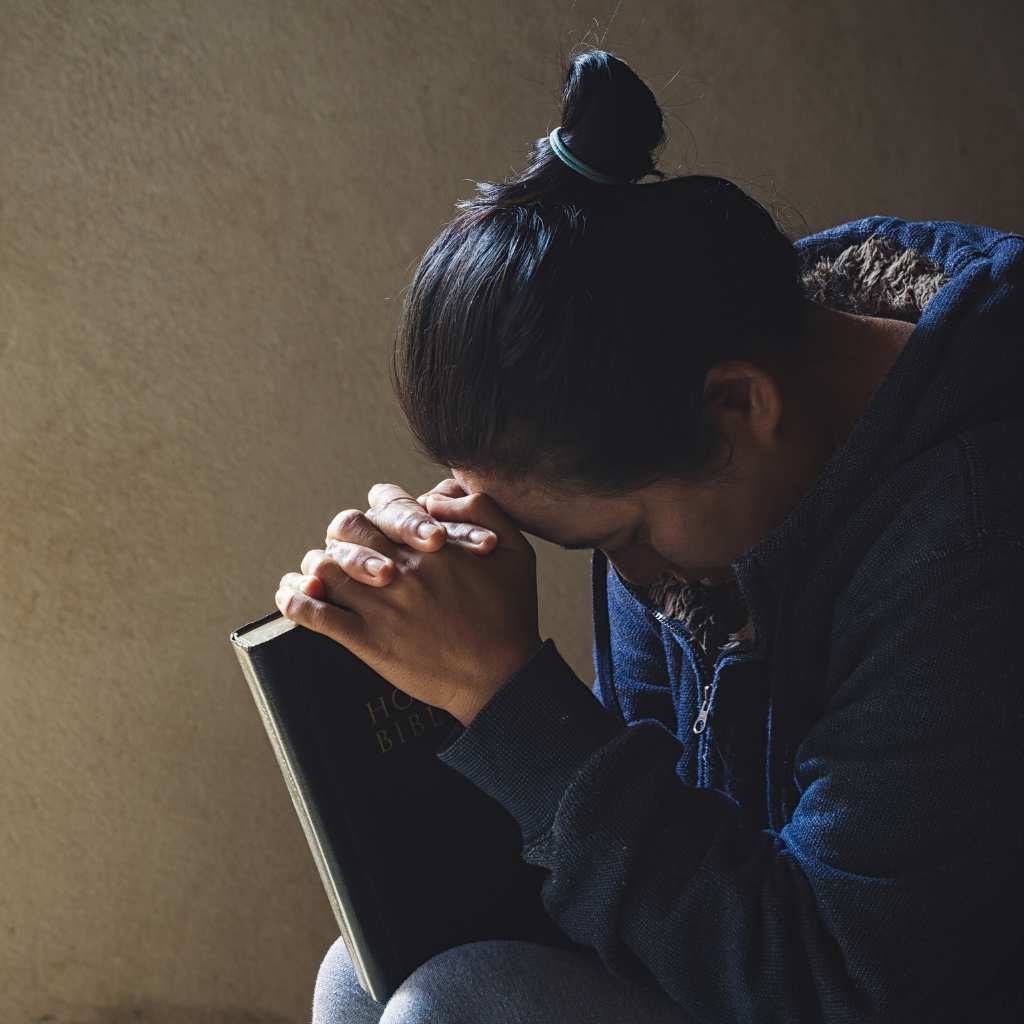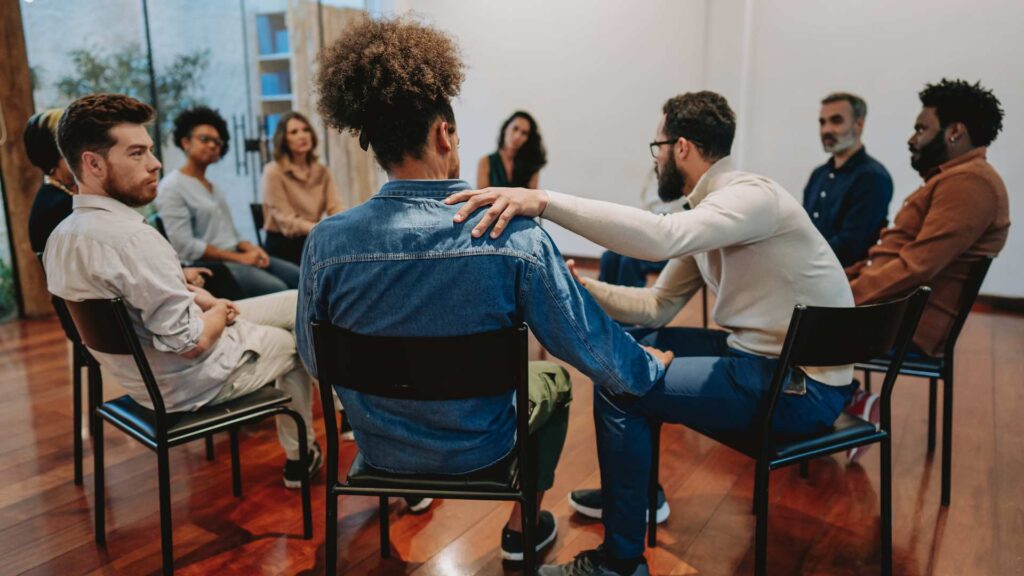Table of Contents
What role do faith and community engagement play in rehabilitation?
When facing the challenges of substance use disorder (SUD), recovery can often feel like a lonely journey. However, one of the most powerful tools in the process of healing is the support found in faith and community engagement. These two elements can serve as a foundation of strength, helping individuals stay grounded, connected, and hopeful as they work through the ups and downs of the rehabilitation process.
Being open to participating in additional methods such as community groups, faith-based groups, and other accompaniment can provide individuals with invaluable support, as well as provide purpose, encouragement, and the feeling that you are not facing your challenges alone.
In this GateHouse Treatment blog, we will discover what it is and the benefits of faith and community engagement during recovery.
The Role of Faith in Recovery
Whether you lean on spirituality, religious practices, or a personal belief system, faith can provide a sense of hope and resilience that is invaluable in the healing process. In moments of doubt or despair, faith often gives individuals something to hold onto, a reason to keep going, and a reminder that there is a bigger picture beyond their immediate struggles.
Faith can be a powerful motivator for those who are starting their healing journey. Many people turn to prayer, meditation, or religious practices to center themselves, find peace, and gain strength during the recovery process.
The study “Belief, Behavior, and Belonging: How Faith is Indispensable in Preventing and Recovering from Substance Abuse” focuses on the crucial role of faith in substance use recovery.

It reveals that 73% of addiction treatment programs in the U.S. include a spiritual component, often through the 12-step model popularized by Alcoholics Anonymous, which encourages reliance on a higher power.
Despite some negative religious experiences leading to substance use for a few individuals, over 84% of studies show that faith positively supports addiction prevention and recovery, underscoring its undeniable value in the rehabilitation process.
Understanding Community Engagement
According to SAMHSA, Community engagement is the process of building relationships that allow individuals, groups, and organizations from different parts of a community to work together to address health issues and promote overall well-being. In the area of substance use prevention, community engagement plays a crucial role in supporting the implementation of evidence-based practices (EBPs), ensuring they meet the specific needs of the local population. By involving a range of community members, organizations, and health professionals, this collaborative approach helps to select, adapt, and maintain effective interventions over time.
Finding Support in Connection
While faith provides inner strength, community engagement during SUD treatment is equally crucial. Recovery can be a long and challenging road, and having a network that understands, supports, and encourages you can make all the difference. Communities—whether based on faith, neighborhood groups, or rehab programs— offer a sense of accountability and belonging that individuals can’t underestimate.

Engaging with others on a similar path helps individuals recognize that they are not alone in their struggles. Sharing stories, experiences, and encouragement with others who understand the challenges of recovery creates a safe space to heal. It also promotes accountability. When you’re part of a community, there’s an unspoken understanding that you show up not just for yourself but for others as well. This sense of responsibility can be a powerful motivator for staying on track.
Research by Substance Use: Research and Treatment highlights how community engagement can significantly aid recovery from substance misuse by connecting individuals to positive, pro-social activities. The study introduces a new framework, Asset-Based Community Engagement (ABCE), to map and utilize community resources in a more structured way to help those in recovery by focusing on their strengths while addressing barriers to engagement.
The Power of Combining Faith and Community in Addiction Treatment
Faith and community engagement during recovery create a powerful combination. Faith offers internal strength, while the community provides external support. Together, they form a strong foundation that can help individuals navigate the difficulties of healing with resilience and hope.
When these two elements are present, they reinforce each other. A strong faith can inspire someone to reach out and connect with others, while a supportive community can encourage spiritual growth and reflection. This symbiotic relationship creates a more holistic approach to healing, one that addresses the physical, emotional, and spiritual aspects of healing.
How to Get Involved
For those just beginning their recovery journey, getting involved in a community may feel intimidating. Start small by attending a local support group, reconnecting with a place of worship, or volunteering in your neighborhood. Each step you take brings you closer to building a supportive network.
If you’re supporting a loved one in recovery, encourage them to explore community resources. SAMHSA, through its Community Substance Abuse Prevention Partnership Program, collaborates with faith-based and community organizations to provide valuable support. Participating in these programs—whether through faith-based recovery initiatives or local community services—can offer significant benefits. These connections can play a crucial role in their recovery, providing both practical help and a sense of belonging.
How GateHouse Treatment Supports Lasting Connections
Recovery from substance use disorder is a long and often challenging process, but faith and community engagement during recovery offer powerful tools to help individuals along the way. By leaning on faith for inner strength and turning to the community for support, individuals in recovery can rebuild their lives with a sense of purpose, connection, and hope.
At GateHouse Treatment, we understand the importance of holistic recovery and provide access to a wide range of substance dependence programs designed to foster healing and connection. Our programs include group therapy sessions where individuals can share their stories, build strong bonds, and experience the power of a supportive community. From outpatient programs and partial hospitalization to medication-assisted treatment and our family program, our center in Nashua offers comprehensive care that helps people in recovery stay connected, supported, and engaged with others on the same path.
No matter where you are in your rehab journey, whether you’re just starting or have been walking this path for years, remember that you don’t have to do it alone. Call us at (855) 448-3588 or contact us online to receive an expert and compassionate orientation.
- How a Partial Hospitalization Program Supports Addiction Recovery - March 19, 2025
- Exercise for Addiction Recovery: A Power Way for Healing and Balance - March 7, 2025
- Alcohol Poisoning: How to Recognize and Prevent It - February 26, 2025




